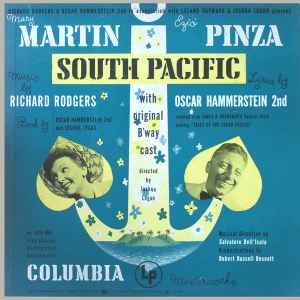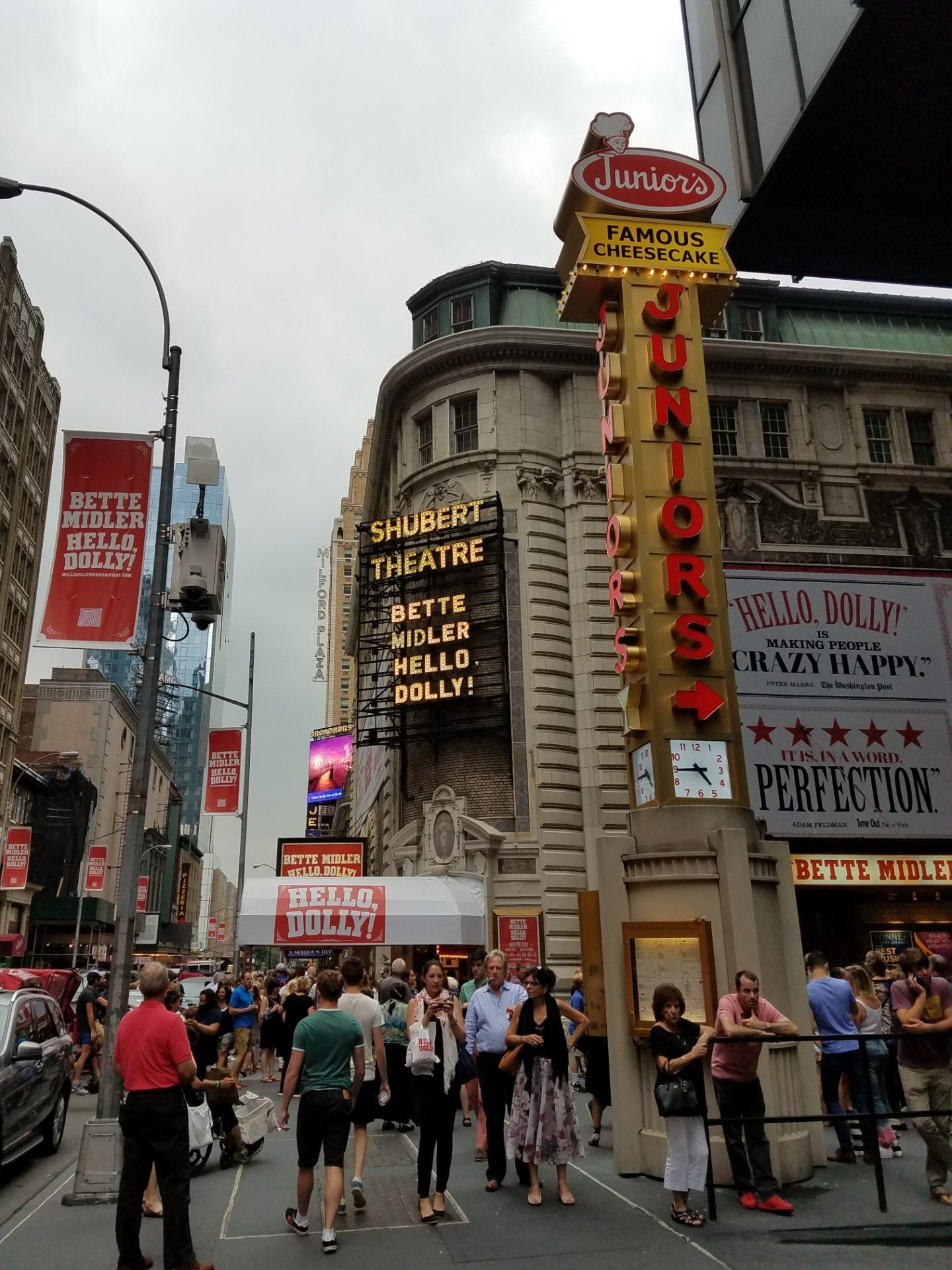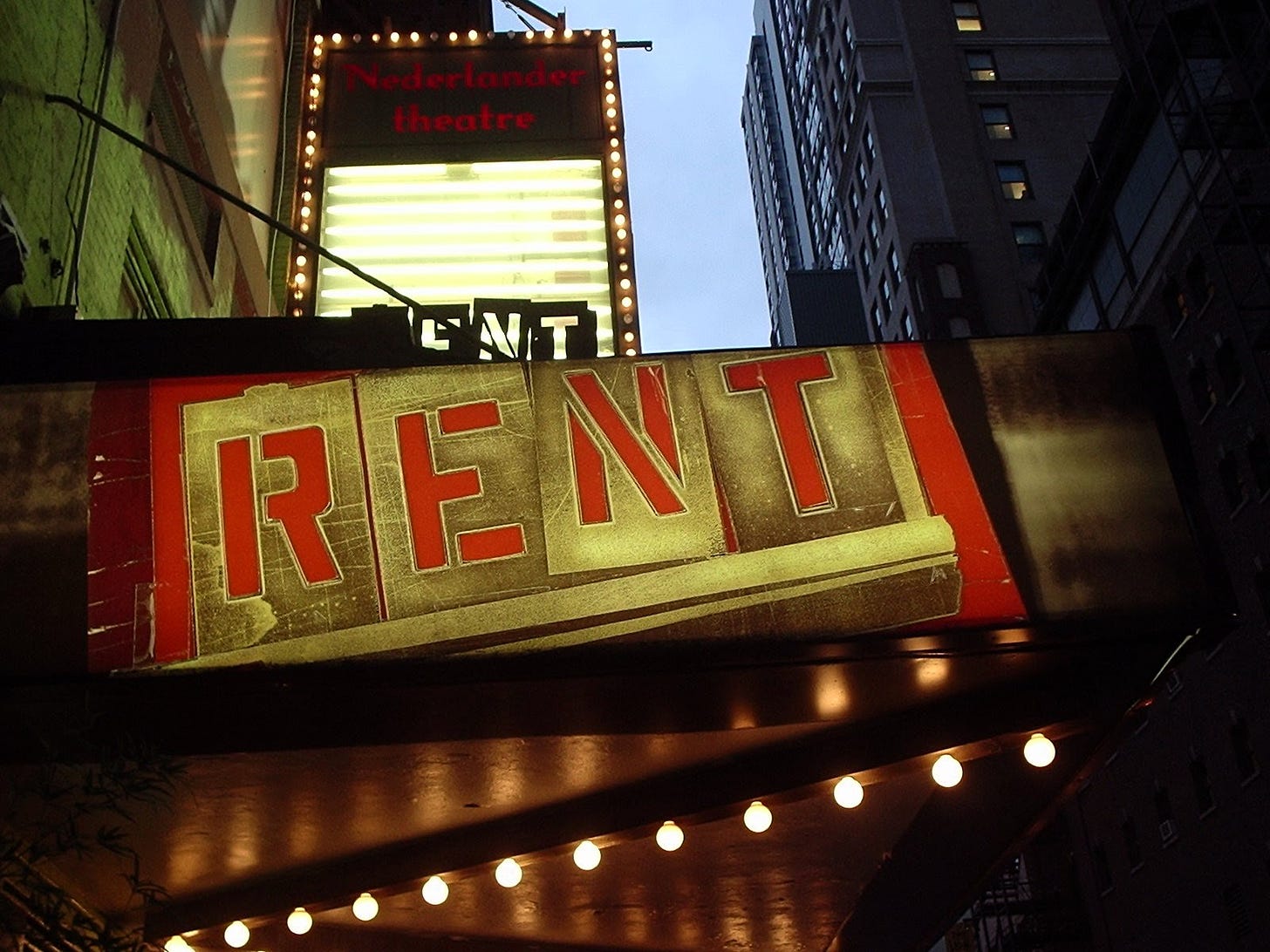
We sat in New York’s Al Hirschfeld Theater, anticipating Daniel Radcliffe’s performance in “How to Succeed in Business Without Really Trying.” My son was a college junior. This was his first visit to a New York theater, though we took him to productions in Chicago, Toronto, Washington, D.C., and Strafford, Ontario. But there’s nothing like a Broadway theatre experience. Nothing.
I wanted him to share in the tsunami of happiness musicals give me. I wanted him to experience musicals beyond the cast album, hear the orchestra’s discordant tune-up, watch the footlights brighten, and sense the rustle of actors and moving sets behind the curtain. To notice the flicker of spotlights for the two-minute warning before the curtain rises and feel live theater’s inescapable, earth-shattering joy.
And beyond the delight of live theater, I wanted him to learn the lessons these treasures teach us all.
Daniel Radcliffe—come on, it is Harry Potter—rose out of the orchestra pit as the window washer cum junior executive. My son’s eyes widened and belied the sophistication of a college man. Soon, the entire company belted “The Brotherhood of Man.”
Can’t we all use a little more brotherhood? Our dystopian world is so far from Schubert Alley that I can barely recognize it. The daily news resembles the plots of popular thrillers. We wait for the next shoe to drop.
Yet, like me, many still find musicals an opiate, a shot of what is needed to calm nerves and find peace. That is what musicals do for me: the love of a lifelong gift from my parents and a legacy I share with my son.
On the same trip, we saw Harvey Fierstein reprise drag queen Zaza in a revised “La Cage aux Folles.” Undergirding the madcap story is acceptance and love. When Zaza breaks away from the other queens, she is alone and fragile until she tells us with confidence and conviction that she is who she is. Fierstein gains confidence as the music builds, and she blasts into the familiar anthem.
While the LGBTQ+ community embraces the anthem, its wisdom speaks truth and self-love for all. We want to be loved as we are, not as someone else imagines us. Self-love is another lesson musicals share. I would not hesitate to take a child to this beautiful show.
I listened to cast albums with my parents 60-plus years ago. Away from the suit he wore to work, my dad was clad in Bermuda shorts and a V-neck undershirt and played vinyl albums. Windows open in the steamy house, screen doors ajar, whirring metal fans a background to the musicals from their RCA hi-fi set.
Ezio Pinza’s booming voice called out iconic songs, now standards from the original Broadway version of “South Pacific.” The dual tales of the romances between the planter, the plucky nurse, the doomed Navy lieutenant, and the native girl teach the audience about racism. The show reminds us that hatred and bigotry are absent in a child, who “must be carefully taught to hate.”
I loved sitting on my father’s knee, directing an invisible orchestra in “Some Enchanted Evening.”
Our young family also devoured cast albums of “The Sound of Music,” “Damn Yankees,” “My Fair Lady,” “West Side Story,” and “Guys and Dolls.” My parents knew every word of every song on their cast albums. Soon enough, my little brother and I knew all the words, every cowboy shout from “Oklahoma” and wordplay from “The Music Man” (the Broadway version with Barbara Cook, far superior to Shirley Jones in the film), and all the songs from Mary Martin/Theodore Bikel’s version of “The Sound of Music.”
My parents took us to productions at Wagon Wheel, a tiny Equity playhouse in Warsaw, Indiana, which counts Tony winners Faith Prince and Karen Olivo as alums. The shows of my parents’ time passed to me as if they were strings of pearls in a velvet-lined box.
The classic art of Rodgers, Hart, Hammerstein, Lerner, Gershwin, and Sondheim steadied my parents and our family, like insulin, when hope and faith were needed. And I hope it steadies my son, now in his thirties, still seeing musicals like “Hamilton” and “Spring Awakenings” at great venues in his now-hometown of Washington, D.C.
Why is musical theater so important?
Musical theater tells our objective reality, as Vincent van Gogh’s depression resonated in his St. Remy paintings. As great authors interpret ageless stories, music gives voice to collective truths. As parents, we must share these truths with our children and grandchildren.
And we have lacked so much information in what was taught as history. I studied history in college and am still catching up on what I did not learn about enslaved and indigenous persons. Musical theater gives parents another way to educate their children about uncomfortable truths, be it a pogrom in “Fiddler on the Roof” or the brutal treatment of women in “The Color Purple,” now on Broadway.
Even in the darkest shows, like the often-revived “West Side Story,” audiences experience emotional pain and dizzying heights. Societal problems frame “West Side Story” in a tale as old as “Romeo and Juliet.” Set in late 1950s Manhattan, the neighborhood, home to Puerto Ricans and European immigrants, is being destroyed to build the new Lincoln Center Complex. Young men who see no future for themselves spar for remaining territory with opposing gangs. Who will care about the young people in this neighborhood? Who will confront the inherent racism and poverty?
Young lovers Tony and Maria cross racial barriers to be together. Yet, even after Tony and Maria’s love fails the final challenge, we walk away with love. Their improbable, ill-fated love hangs over the hatred, a small olive branch of possibility in the middle of violence and death.
Musicals force us to face significant societal issues and answer the same questions we face off-stage. And we don’t always like what we learn. How do we accept people who are different from us? What does society owe immigrants who come here for a better life? What do we owe each other? What makes a family? What do we instruct our children?

Even in a farce like The Producers, the dark Cabaret, or the perplexing Rent, musical theater takes us to a place of love. In Rent, the audience is asked to see beyond racism, homelessness, poverty, homophobia, and AIDS and focus on love.
Love of great voices, songs, and stories burrowed into me, stuck for life, a repertoire of tunes always thrumming in my mind. What a legacy exists in this magical history on the stage. Through the arts—and especially musical theater—we show our children that love is the only way,
Editor’s Note: I have been privileged to attend large productions of musicals and dramas all my life. Not everyone is so lucky or inclined. One of the best performances I ever saw was a church theatre group that put on Meredith Willson’s two-person “I Do, I Do” when I was in high school. Support your local theater.
If this piece has been of value to you, please share it on your social media or recommend it if you are on Substack. Thank you for supporting this independent writer!





I love musical theater. While the only ones I've seen on Broadway were amazing (Mary Poppins and Finian's Rainbow), there is something about community theater's intimacy that is wonderful, too. Like you, I enjoy the Wagon Wheel, and I've never met a dinner theater production I didn't like!